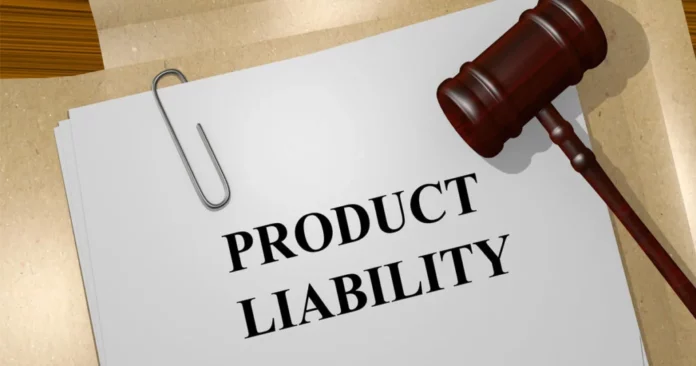As a restaurant owner, you know how much time and effort goes into running a successful business. But despite your best efforts, there are always potential risks that could impact your restaurant. From slips and falls to equipment malfunctions, accidents can happen in any business, and it’s crucial to have the right insurance coverage to protect yourself and your business.
Here’s a comprehensive guide to the types of insurance a restaurant owner needs to consider.
Commercial General Liability Insurance
Commercial general liability (CGL) insurance is one of the most important types of insurance for restaurant owners. It protects your business from claims made by third parties for bodily injury or property damage that occurs on your premises. For example, if a customer slips and falls in your restaurant and sues you for medical bills and lost wages, your CGL policy will cover those expenses.
Property Insurance
Property insurance protects your restaurant’s physical assets, including the building itself, furniture, fixtures, and equipment. This type of insurance typically covers damages caused by fires, storms, theft, and vandalism. It’s important to note that property insurance won’t cover damages caused by floods or earthquakes, so you may need to purchase separate coverage for those events.
Workers’ Compensation Insurance
If you have employees, workers’ compensation insurance is essential. This type of insurance provides coverage for medical expenses and lost wages if an employee is injured on the job. Workers’ compensation insurance can also protect your business from lawsuits related to workplace injuries.
Liquor Liability Insurance
If your restaurant serves alcohol, liquor liability insurance is a must. This type of insurance protects your business from lawsuits related to alcohol-related incidents, such as drunk driving accidents. It’s important to note that liquor liability insurance won’t cover damages caused by intentional acts, such as fights or assaults.
Business Interruption Insurance
If your restaurant is forced to close temporarily due to a covered event, such as a fire or natural disaster, business interruption insurance can help cover your lost income and expenses. This type of insurance can also cover expenses related to relocating your business to a temporary location.
Cyber Liability Insurance
As a restaurant owner, you likely store sensitive customer data, such as credit card information, in your point-of-sale system. If that data is stolen or compromised, it could result in a costly data breach. Cyber liability insurance provides coverage for expenses related to data breaches, including notification costs, credit monitoring, and legal fees.
Employment Practices Liability Insurance
Employment practices liability insurance (EPLI) provides coverage for claims related to employment practices, such as discrimination or wrongful termination. If an employee files a lawsuit against your restaurant, your EPLI policy can help cover legal fees and other related expenses.
Conclusion
As a restaurant owner, it’s crucial to protect your business from potential risks. By investing in the right types of insurance coverage, you can ensure that your business is protected from financial losses due to unexpected events. Work with a reputable insurance agent to determine the types of coverage that best suit your restaurant’s needs, and make sure to review your policies regularly to ensure you have the right coverage in place.





